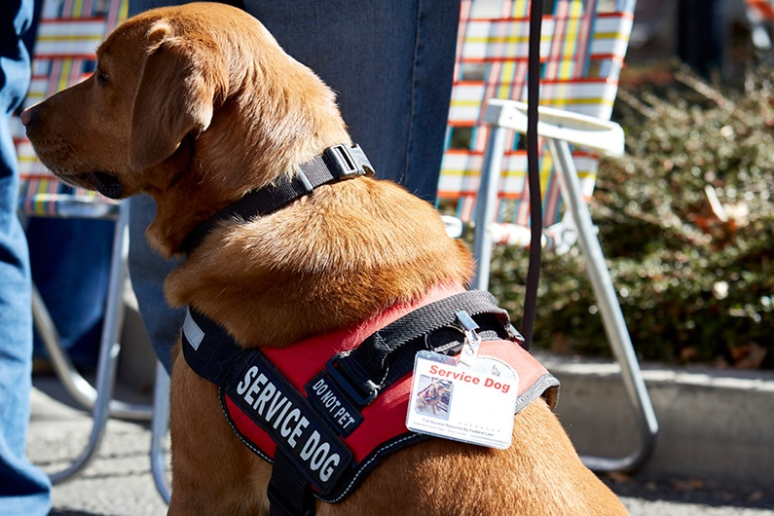In every homeowners’ association (HOA), there are rules, regulations and restrictions. In most communities across the U.S., there are always set limitations as to what homeowners can and can’t do on their own properties. The depth and severity of those limitations entirely depend on the HOA and the homeowners that comprise it. Some communities are relatively relaxed, allowing homeowners a great deal of freedom and individuality. On the other hand, some communities value continuity and severely restrict homeowners’ rights and privileges. In regard to pets, HOAs often have any number of policies, from no pet-related restrictions to banning pets altogether.
What Is an HOA?
If you purchase a standard, single-family home, more often than not, you do not have to adhere to or even join an HOA, allowing each property owner the right to do what they want with their home. However, in the case of a condominium, townhouse or a single-family home in a planned development, then you are required to join that community’s HOA. An HOA is a privately established organization which is governed by a board of directors comprised of elected homeowners. The HOA is responsible for managing and maintaining the shared aspects of the community.
As a homeowner living in a community with an HOA, you will have to pay a monthly or annual members fee. This fee goes toward maintaining common areas and shared structures in the community. In some cases, member fees are accumulated into a reserve fund to be used for larger projects. If you violate a regulation, your HOA could take a series of enforcement steps against you, including a correction of the issue or a monetary fine.
Can HOAs Prohibit Pets From My household?
While a very few amount of HOAs decide to prohibit pets entirely, they do possess the right to do so. Privately established and operated entities such as HOAs are not legally restricted from forming a “no pets” policy. Additionally, HOA’s have the right to limit pets as long as all restrictions are stated clearly in the community restrictions list. For instance, an HOA may limit each household to only two pets or one pet per certain square footage.
Common limitations are usually on the number of pets you could own at any given time, with some restrictions pertaining to certain breeds of dogs or the weight of the dog. Another typical restriction may be against “potentially dangerous breeds” or pets who have been deemed dangerous under the law for biting. In addition to restrictions on pet ownership, HOAs may also have rules related to pets on the property in general such as requiring them to be leashed while in common areas, requiring homeowners to pick up their animal’s waste or noise limits when it comes to barking.
Can HOAs Restrict Service Animals?
While an HOA may have the right to ban pets, this right is always an absolute. Federal housing and disability protection laws allow individuals with physical, mental and emotional disabilities to have service animals. Even an HOA with a no pet policy is prohibited from banning a resident from having a legal service animal, which in some case can be vital for the owner’s productivity, health and safety.
Despite this, HOAs still recognize there are differences between service animals and emotional support animals. Depending on the jurisdiction, federal and state laws around service animals may not extend to untrained or unlicensed emotional support animal. To be certain, make sure to double-check your state and county laws.
When Should I Speak With an Attorney?
Currently, there are a multitude of situations in which you should speak with an attorney if you are involved in a pet-related dispute with your respective HOA. A common issue with HOAs is when homeowners believe the pet policy violates the state and county law. Another common dispute that arises in communities is when HOAs fail to consistently enforce or advertise their rules. In order to be properly educated on local laws, rules and restrictions, sometimes the best course of action is legal counsel. An attorney will review federal and state laws regarding your pet and advise you of your legal options moving forward.
This article was recently updated on September 21, 2022 to reflect the most current information.
 By Victoria Langley,
By Victoria Langley, 

